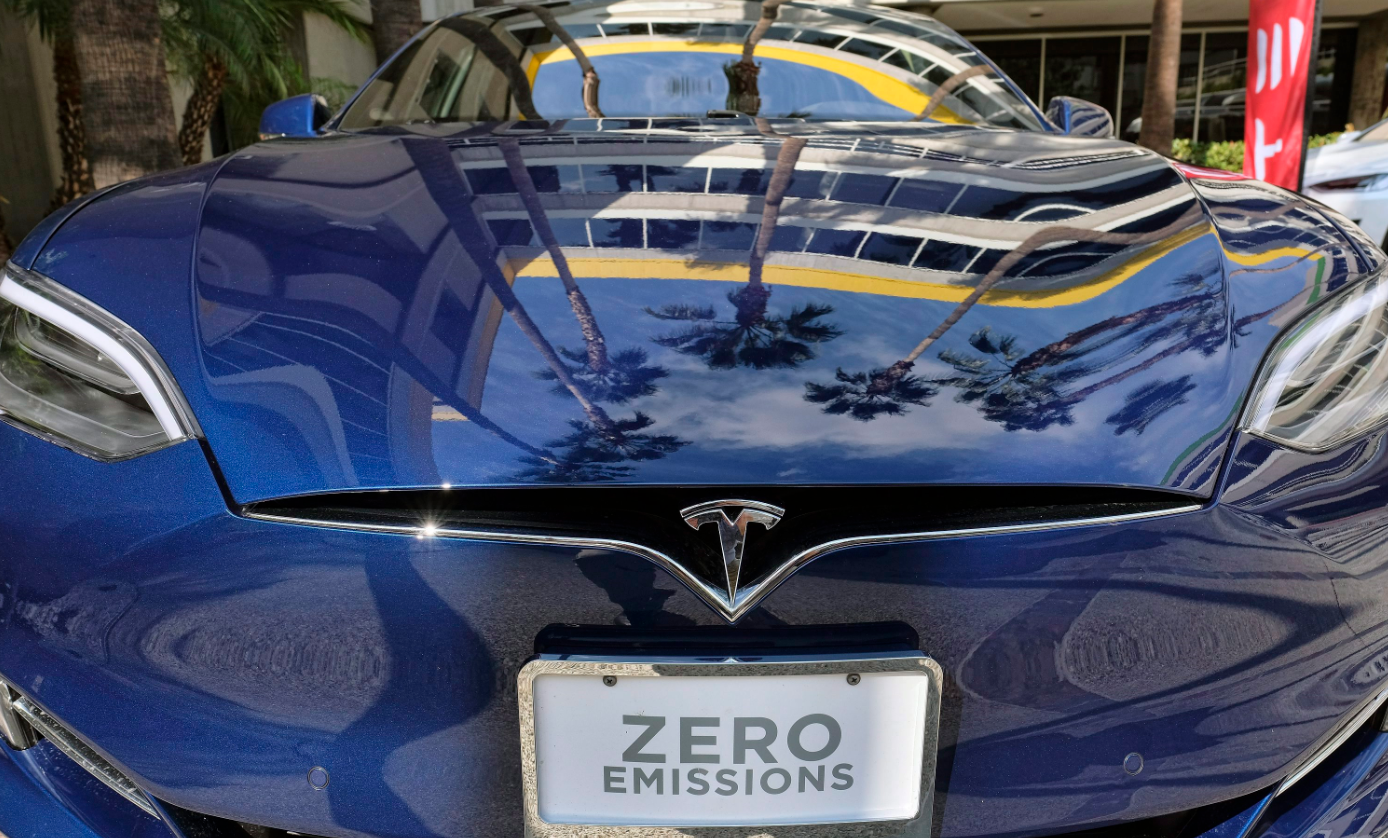Finnish government to kickstart electric car market

The government aims to significantly boost sales of low-emissions cars.
Yle has learned that the cabinet wants to earmark 100 million euros in subsidies for electric and biogas cars in an effort to bring hundreds of thousands of them onto the road in the next decade or so.
Electric vehicles (or EV’s) have a high profile at this weekend’s Auto 2016 car fair in Helsinki. The Purosuos, a couple from Vantaa, are test-driving an electric car for the first time.
Saija Purosuo says that she is the one who is particularly interested in an electric car. She says they may buy a hybrid now and wait until electrics have a long enough range to drive to their summer cottage before buying one. Her husband, Tero Purosuo, says he was impressed by how quiet and quick-starting the car was.
Sluggish sales
Despite the buzz around electrics, less than 200 fully electric cars have been sold in Finland this year. There are now about 2,250 fully electric and plug-in hybrid cars in Finland. The sluggish sales are primarily due to their limited driving range and high prices.
For instance, a Renault Zoe EV on display at Auto 2016 has a starting price of around 33,000 euros. Its range with one charging is estimated to be 400 kilometres – but that’s under ideal driving conditions. In Finnish winter conditions it may only be 200 kilometres.
Now the centre-right government is in a hurry to get the EV market going as part of its efforts to meet Finland’s climate commitments under the Paris Agreement. Electric and biogas cars may not be entirely emissions-free, depending on how their electricity or biofuel is produced.
Catching up with Norway
Sources tell Yle that ministers are considering 100 million euros in subsidies for electric and biogas cars in 2017-2020. That could help Finland catch up with neighbouring Norway, which already has more than 120,000 plug-in electrics, which account for nearly a quarter of all new cars sold.
Here the goal is to have 250,000 EVs and 50,000 biogas cars on the road by 2030. That’s a good start, says Tero Kallio, chair of the Association of Automobile Importers.
“If this kind of purchase subsidy comes through, we would certainly be on track for a quarter-million cars by 2030,” he says. “I would however emphasise that just electric vehicles won’t be enough to meet emissions targets. And the nation’s entire stock of cars should be replaced in any case,” he argues.
Tax reform an option
Yle has learned that the transport ministry is considering a 4,000 euro subsidy for each of the first 25,000 emissions-free cars sold. An alternative plan would be an overhaul of automotive taxes to encourage people to buy clean cars.
The cabinet is also planning to raise the percentage of biofuel in regular petrol to 30 percent by 2030. The coalition government’s programme from last year calls for cutting petroleum consumption in half by that year. Road transport accounts for roughly one fifth of Finland’s greenhouse gas emissions.
The government is expected to reveal more details on Thursday, when it unveils its climate and energy strategy.
Related stories from around the North:
Canada: Driving on the ice road in Canada’s Northwest Territories, Eye on the Arctic
Finland: Radical road tax changes proposed, Yle News
Norway: Norway reaches 50,000 electric cars sales, The Independent Barents Observer
Sweden: Wireless charging of electric cars tested in Sweden, Radio Sweden
United States: High temperatures sink vehicles traveling ice roads in Western Alaska, Alaska Dispatch News



